People from the Warwick Polymer Group (WPG) and WCFPG
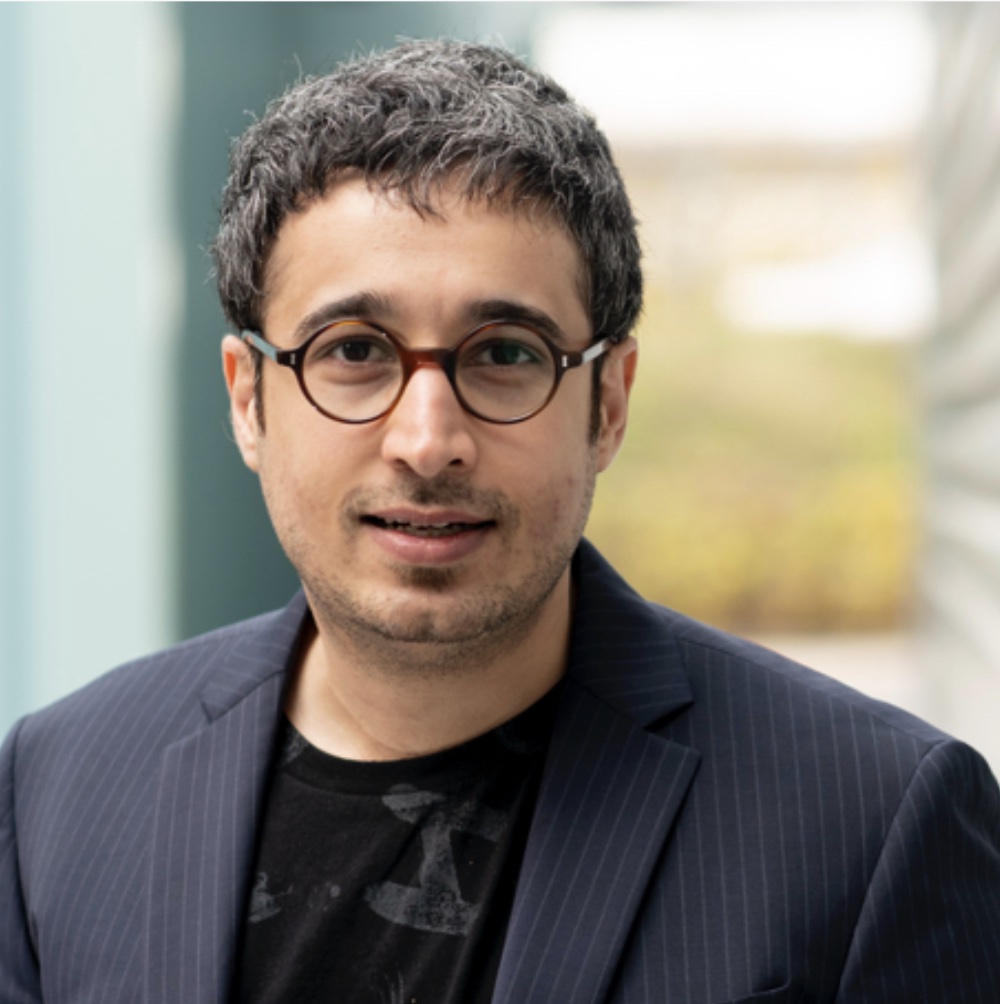
Dr. Soroush Abolfathi
School of Engineering
The research team of Soroush looks at pollution transport in the environment (solute and microplastics) and resilient infrastructures to natural hazards, climate change and flooding.
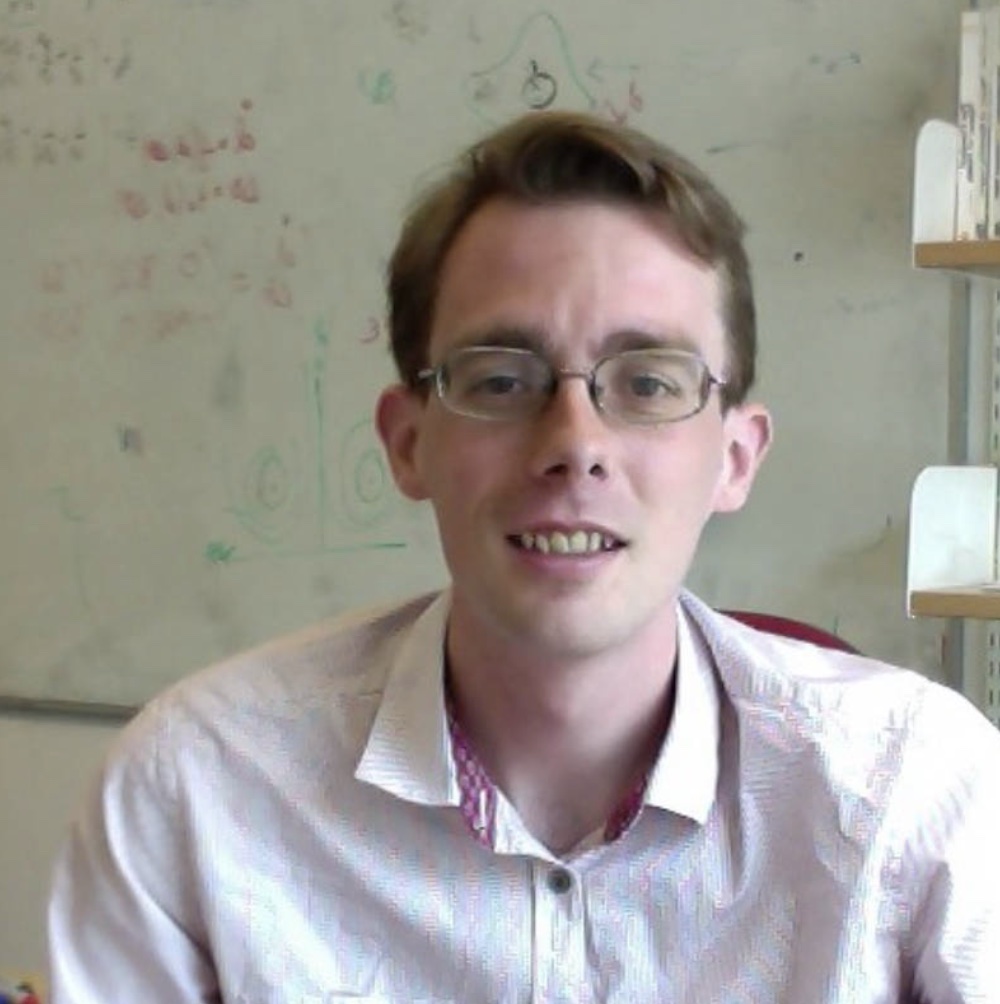
Dr. Gareth Alexander
Department of Physics
Gareth's team works in theoretical soft matter physics. Their main interests at present are in applications of geometry and topology to the understanding of soft materials, where I have worked primarily on defects in liquid crystals, and self-propulsion in low Reynolds number hydrodynamics and active matter.
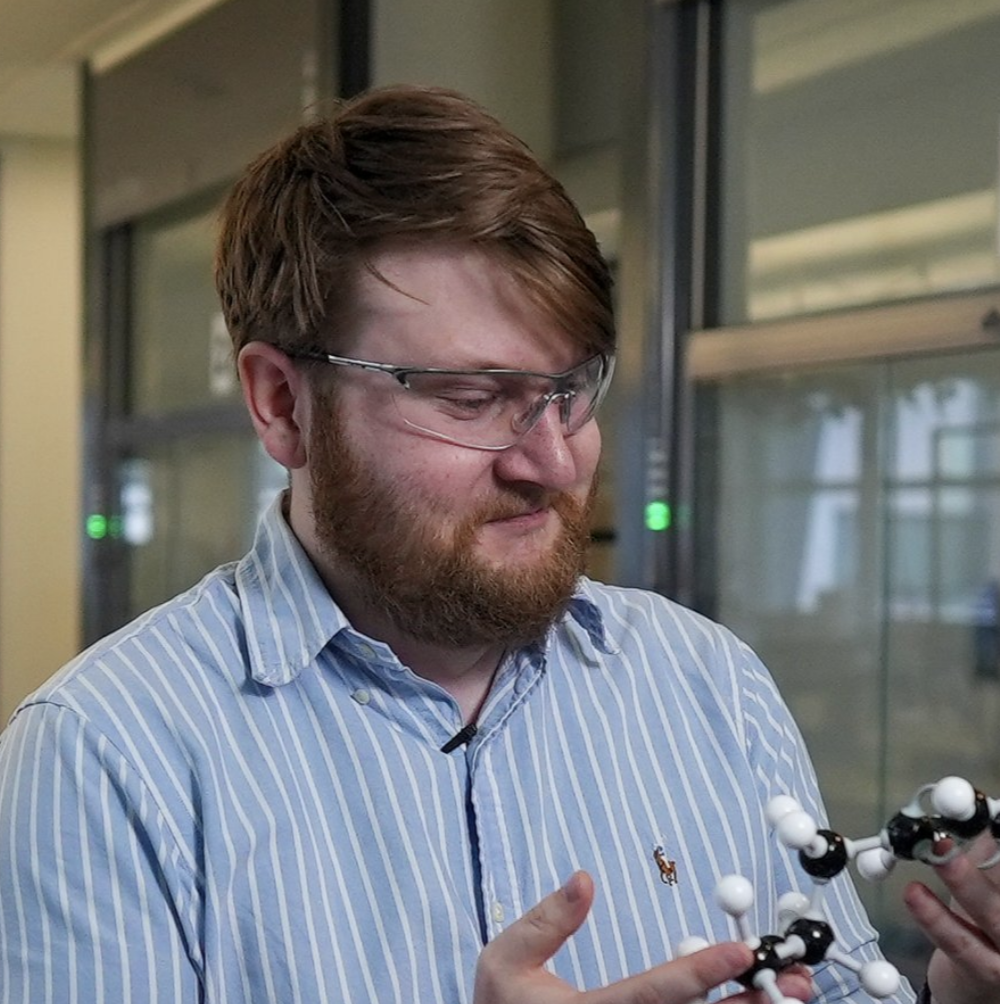
Dr. Alex Baker
Warwick Polymer Group, Department of Chemistry
Utilization polymer and carbohydrate science to develop solutions for understanding and treating neglected tropical diseases. Scientific Outreach.
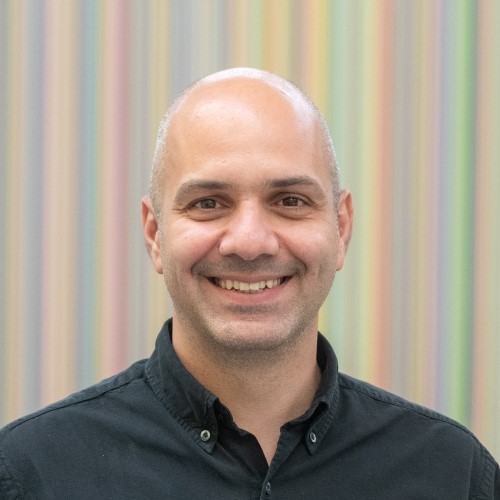
Prof. Remzi Becer
Warwick Polymer Group, Department of Chemistry
Utilization of living polymerization techniques (such as anionic or cationic polymerizations) and controlled radical polymerization techniques, in combination with highly efficient organic click reactions, to prepare polymers for the oil industry, sustainable polymers from biomass and sequence-designed biomaterials.

Prof. Gary Bending
School of Life Sciences
Gary's research group studies the structure, diversity and function of microbial communities inhabiting plants, soil and water. We work across a range of natural and agricultural systems, and integrate a variety of 'omics approaches, often within an interdisciplinary context.

Prof. dr. ir. Stefan A. F. Bon
Warwick Polymer Group, Department of Chemistry
Stefan's team, the BonLab, takes an environmentally sustainable chemical engineering approach to innovate in polymer and colloid science. They have expertise in polymer colloids, heterogeneous polymerization techniques (emulsion polymerization), reaction mechanisms and kinetics, and liquid-based formulations (dispersions, complex fluids) with strong industrial links.

Dr. Julia Brettschneider
Department of Statistics
As a statistical data scientist with initial training in probability and ergodic theory, Julia sees every data analysis as an opportunity to derive general methods for a class of similar situations. Julia's passion is in interdisciplinary project oriented work, operating closely with experts from domains including microscopy, wearable devices, manufacturing, complex projects monitoring, ecology, and crop management. Julia's team develops methods to assess and optimise data quality, to maximise information and knowledge gained from experiments, and to model joint and individual decision processes from axiomatic/rational as well as subjective/descriptive perspectives. Julia has a particular interest in explicit modelling of uncertainty in high-throughput scientific measurement processes.
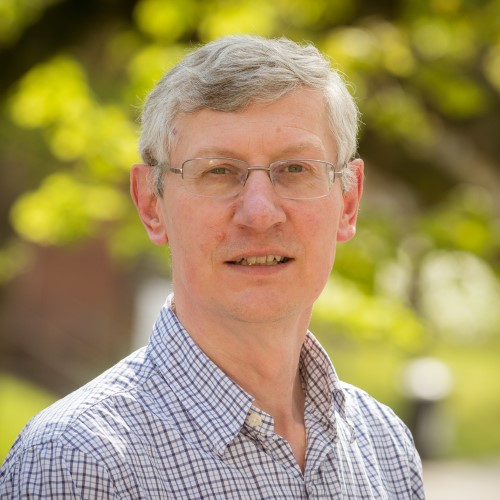
Prof. Tim Bugg
Department of Chemistry
Using synthesis of enzymatic substrates and inhibitors, isotope labelling experiments, enzyme purification and enzyme kinetics to understand important enzyme-catalysed reactions; a focus on the bacterial degradation of aromatic compounds and study of enzymes involved in bacterial cell wall peptidoglycan biosynthesis, as targets for the development of novel antibacterial agents.

Dr. Nerea Calvillo
Centre for Interdisciplinary Methodologies
Nerea's work investigates the material, technological, political and social dimensions of environmental pollution. This has led her team to analyse notions of toxicity, digital infrastructures of environmental monitoring, DIY and collaborative forms of production, smart cities, and feminist approaches to sensing the environment, among others. Nerea is founder of the collaborative visualisation project 'In the Air' and the architecture office C+arquitectos, and her current work is on toxic politics, pollen and queer urban political ecologies.
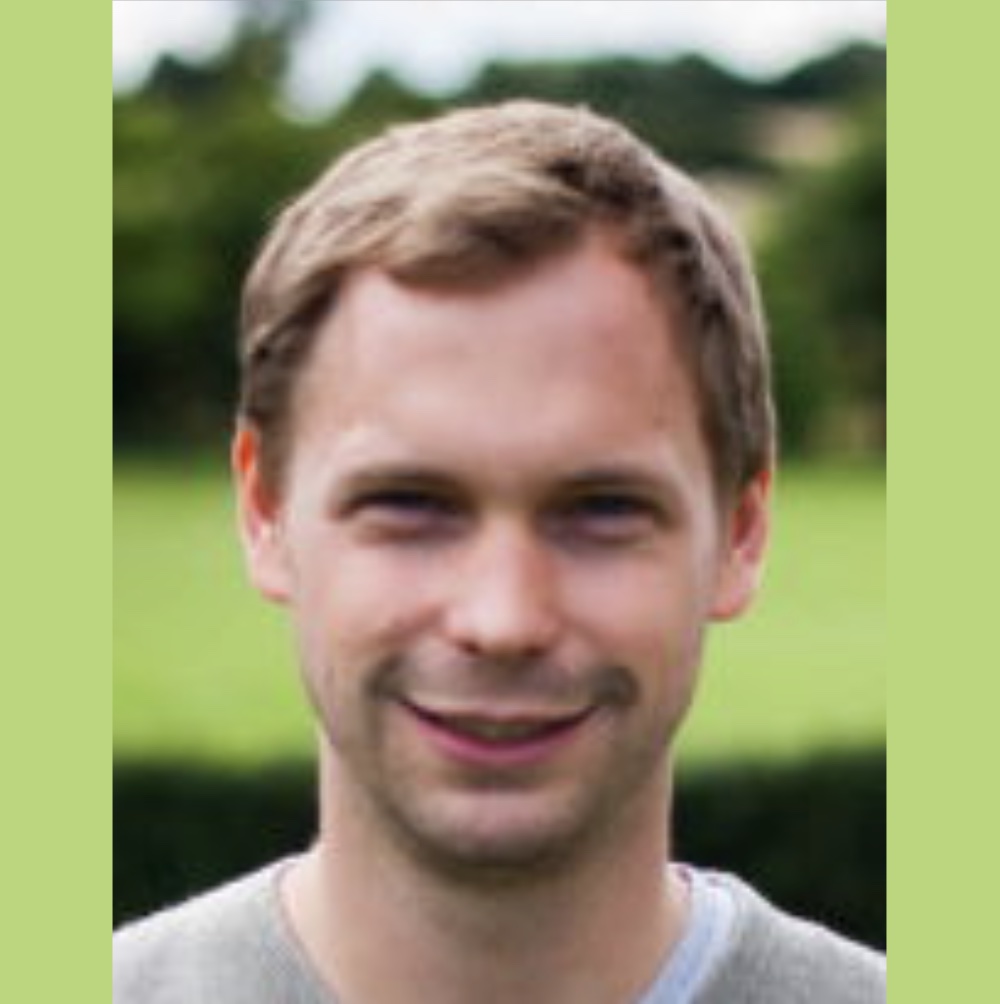
Dr. Paul Chleboun
Department of Statistics
Paul's research interests lie in probability theory, mathematical physics and scientific computing. More specifically, my main research focus is on Markov processes called interacting particle systems. In particular their dynamics, such as mixing times, relaxation toward equilibrium and metastability.
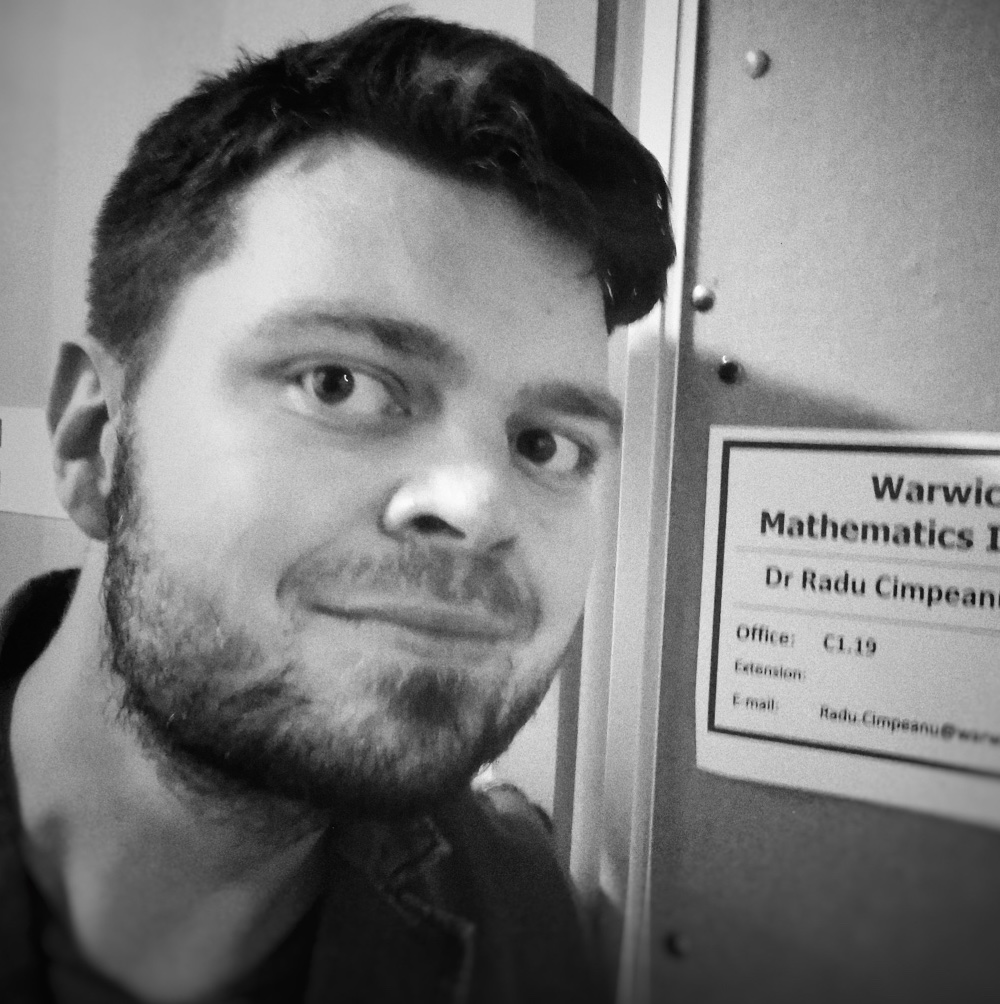
Dr. Radu Cimpeanu
Warwick Mathematics Institute
Radu works on methodologies used to address technologically relevant problems pertaining to the broad field of fluid mechanics, in subareas such as microfluidics, water retention on aircraft surfaces, spray atomisation and electrohydrodynamics. Radu is also active in computational acoustics (perfectly matched layers in particular) and in a more general industrial mathematical modelling setting, with previous projects in operational research and performance optimisation in flow-related devices (e.g. vacuum pumps, pesticide sprays).
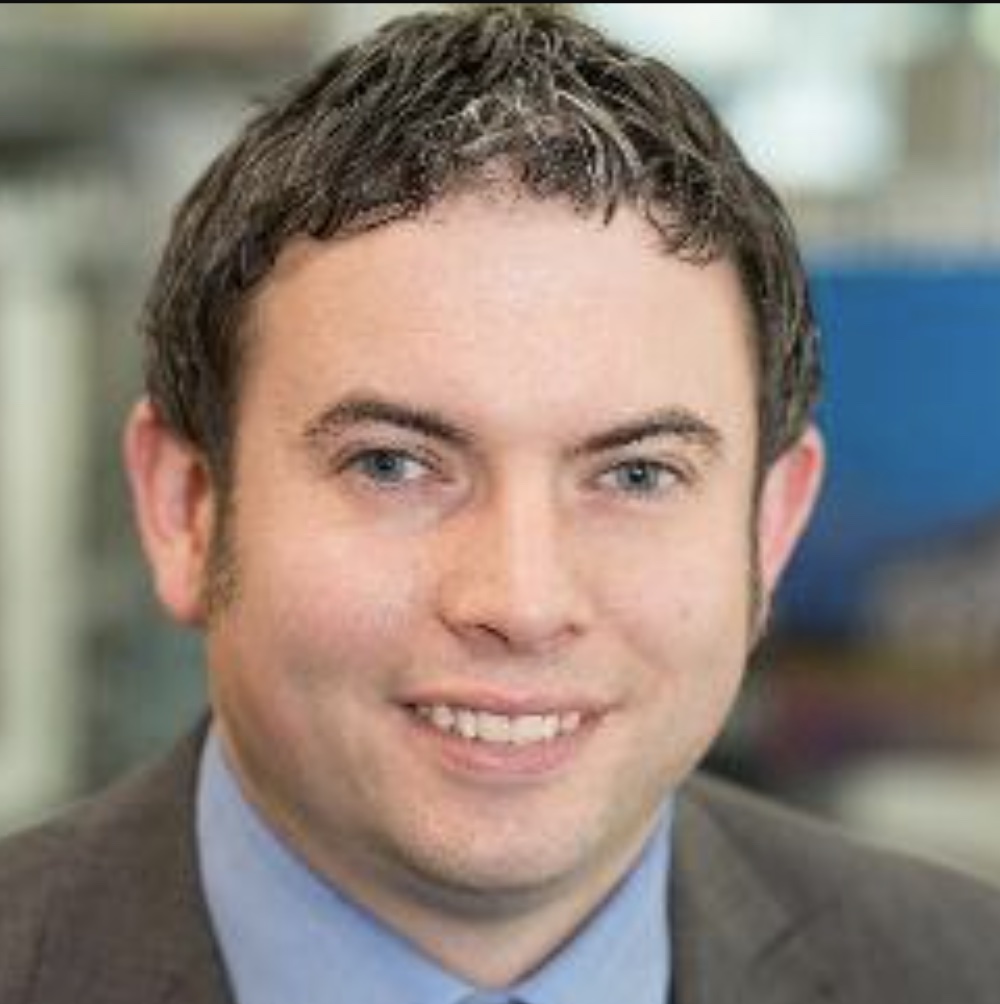
Prof. Stuart Coles
Warwick Polymer Group, Warwick Manufacturing Group
Stuart's research interests are geared towards the understanding of the overall environmental impact our actions, particularly when applied to the use of waste, bio-based and recycled materials in industrial products and processes. He specialises in the design of sustainable materials (biopolymers and biocomposites) using a circular economy approach, with a focus on Life Cycle Analysis and Multi-Criteria Decision Aiding.

Dr. Frederik Dahlmann
Warwick Business School
Frederik's research interests are driven by a focus on understanding how companies respond to and integrate global sustainability challenges into their business strategies, management practices and corporate governance systems. He studies how companies address climate change and reduce corporate carbon emissions, their engagement with multiple sustainability challenges, and the role of sustainable business models in driving industry transformation.
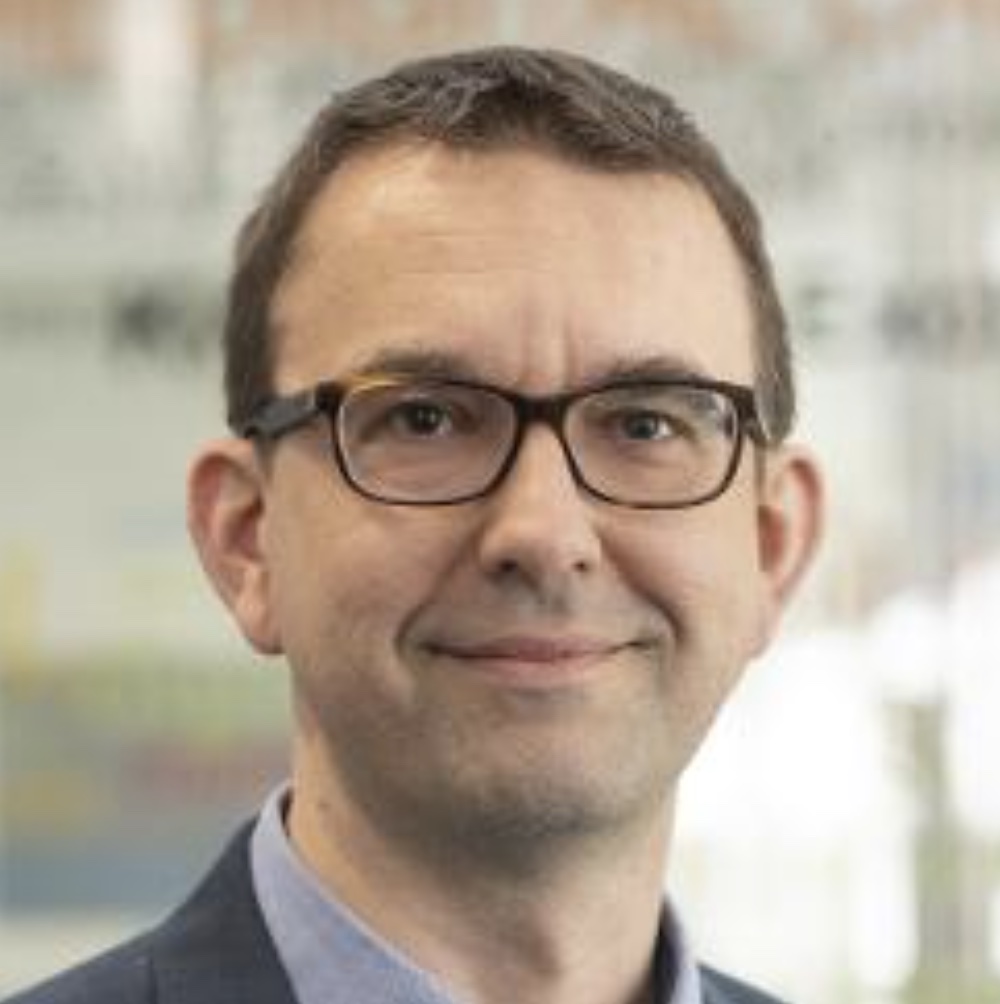
Dr. Lukasz Figiel
Warwick Polymer Group, Warwick Manufacturing Group
Lukasz’ research area is in Materials Engineering with a specific focus on the experimentally-validated multiphysics and multiscale modelling of advanced polymer-based materials.

Prof. Greg Gibbons
Warwick Manufacturing Group
Greg's research focus has been primarily on the processability of materials via Additive Layer Manufacturing (ALM) techniques. Driven by industry requirements, his team investigates the relationships between material feedstock composition and morphology upon the characteristics of the ALM processed components. The research has primarily been based around the laser melting and electron beam melting of materials, including ultra-light polymer-ceramic composites, and has been targeted at a number of different industry sectors including defence, biomedical and autosports.

Prof. Miriam Gifford
School of Life Sciences
Miriam's team is interested in how plants interact with the environment, and how plastics influence plant growth and health. The mechanisms that facilitate this interaction are particularly important for plants since they are sessile yet still cope with environmental extremes.
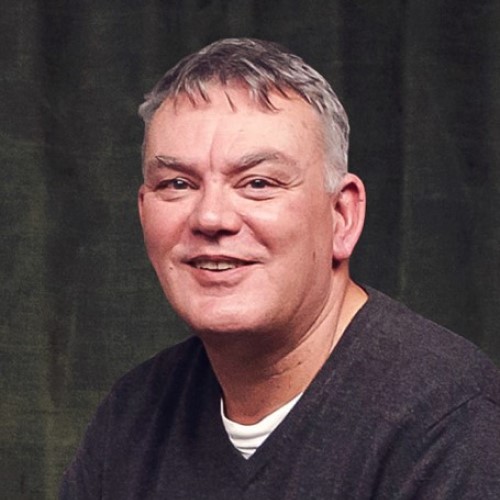
Prof. David M. Haddleton
Warwick Polymer Group, Department of Chemistry
New methods of polymer synthesis and catalysis including controlled polymerisation of acrylics and esters by organometallic initiators and catalysts; mechanisms of polymerisation and utilisation of this knowledge to design catalysts and organic polymers for specific commercial applications; environmentally friendly polymerisation and use of biomimetic chemistry in this area.

Dr. Rachel Hand
Warwick Polymer Group, Department of Chemistry
Rachel is assistent professor and plays a prominent role in our Global Decarbonisation and Climate Change MSc Courses.

Dr. Hannes Houck
Warwick Polymer Group, Department of Chemistry
Hannes’ team explores photochemical approaches to print and degrade polymer-based materials, and focusses on the development of new chemistry platforms to form, break and reform covalent bonds that can be used in polymer bonding and debonding applications.
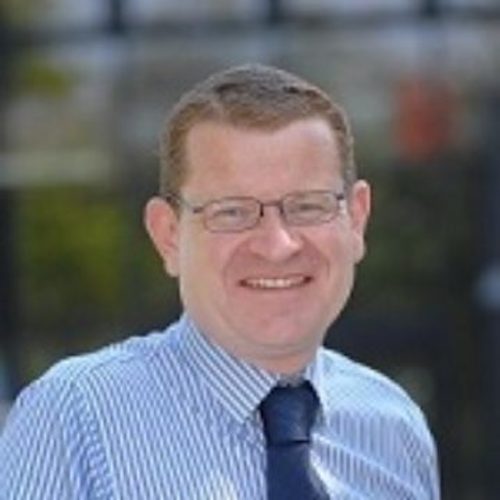
Dr. Darren Hughes
Warwick Manufacturing Group
Darren's team specialises in the application of advanced joining technology. Light-weighting of structures. New joining process development. Experimental assessment of residual stress in engineering materials/components. Materials Science using Neutron and Synchrotron X-rays. They are expert in the evaluation of materials by non-destructive techniques (NDT) and in particular have nearly 20 years of experience in characterisation using X-rays and neutrons.
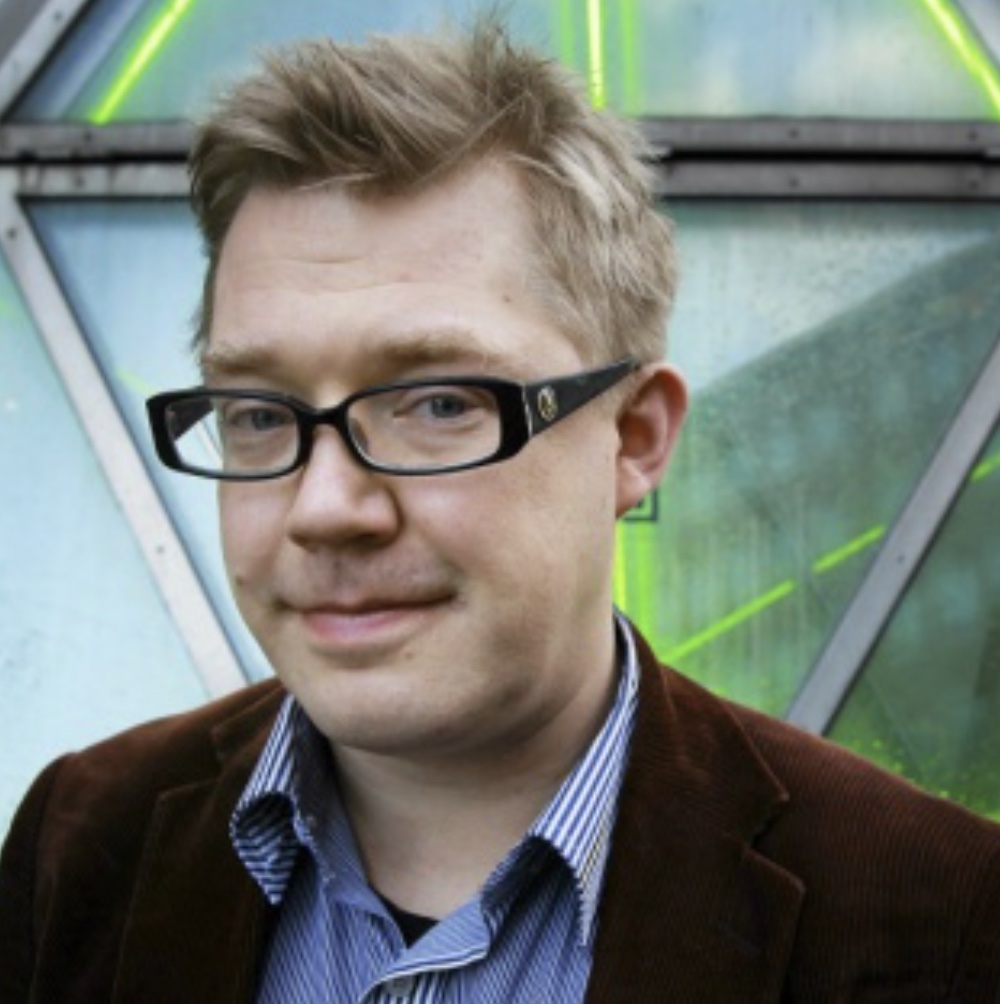
Dr. Pietari Kääpä
School of Creative Arts, Performance, and Visual Cultures
Pietari specialises in media and communications at the Centre for Cultural and Media Policy Studies. As a specialist in environmental screen media, He and his team work on environmental media production policies and practices, as well as on environmental messaging in audiovisual media (especially film and television).

Prof. Georgia Kremmyda
School of Engineering
Georgia, as an engineer and educator, is passionate about enhancing the quality of life for present and future generations. Georgia is a transformative educator, senior leader of curriculum development and wider strategic change, leading interdisciplinary, inter-professional initiatives which are breaking fresh ground in STEM education, featuring active and blended learning models.
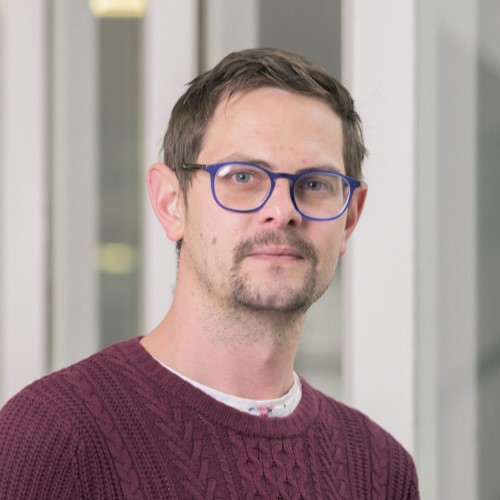
Dr. Daniel Lester
Warwick Polymer Group, Polymer Characterisation Research Technology Platform
Dan Lester is the Platform Manager of the Polymer Characterisation Research Technology Platform (RTP) and has led this initiative now for a decade. He is an expert in a number of polymer analysis techniques, with special emphasis on Size Exclusion Chromatography, which he regularly teaches and delivers external courses on.

Dr. Evelina Liarou
Warwick Polymer Group, Department of Chemistry
Evelina's team specialises in atomic resolution electron microscopy to unravel the molecular structure of polymer molecules and particles.

Dr. Xiaodong (Wes) Lin
School of Cross Faculty Studies
Xiaodong's research takes a critical approach to global sustainable development through the lens of culture. His research is underpinned by theoretical engagement with discussion on cultural values in order to open up existing discourses of development and sustainability in relation to health, care and social justice. Through engaging with local cultural beliefs and mundane practices, he hopes to generate new knowledge and to make sense of the cultural vectors of global challenges in relation to sustainability.

Prof. Graeme MacDonald
Department of English and Comparative Literature Studies
Current research interests include Resource Culture in World Literature/Globalisation; Energy Humanities and Petrofiction; Environmental Humanities, Climate Change and Climate Imaginaries, Science Fiction; Modern and Contemporary Scottish and British Culture, and Materialist Projects on World Literature.
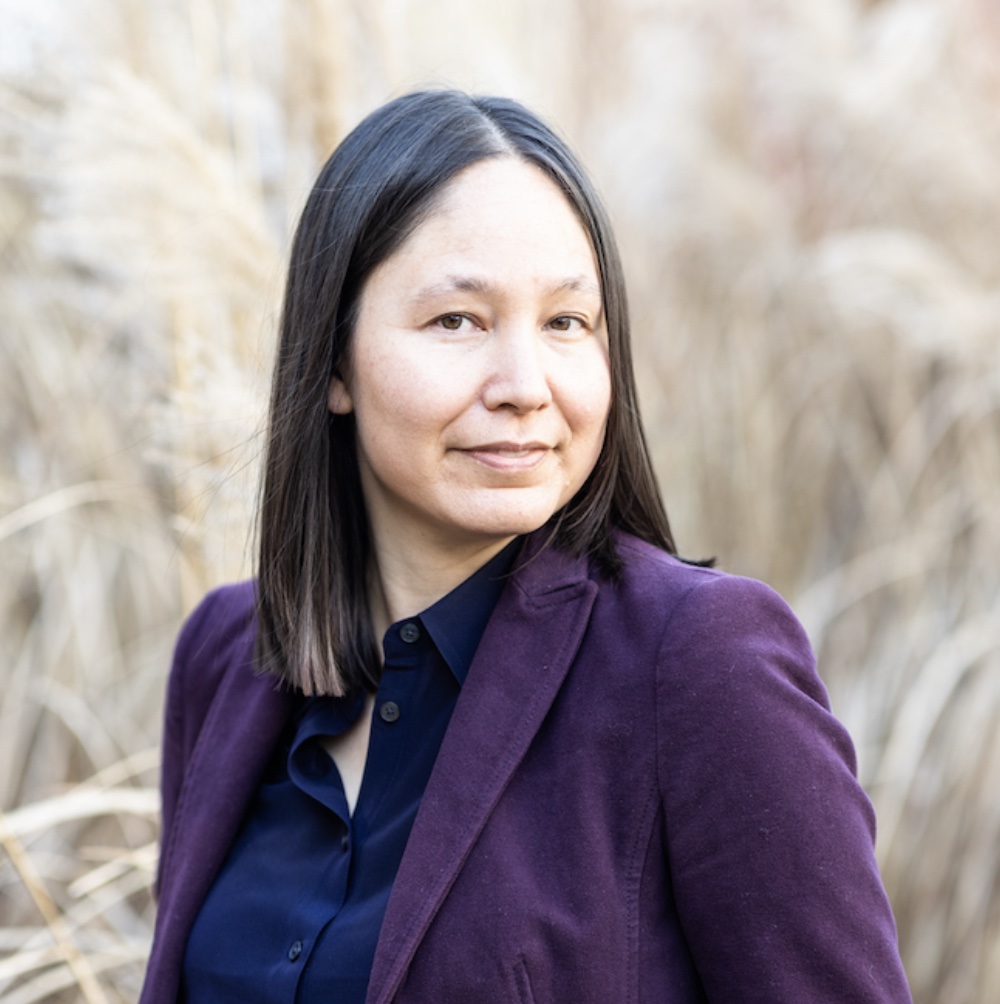
Prof. Alice Mah
Department of Sociology
Alice's research interests are in environmental justice, corporate power, toxic pollution, and the politics of green industrial transformations.

Dr. Greg McInerny
Centre for Interdisciplinary Methodologies
Greg's research focuses on Data/Information Visualisation, an area that bursts out of the confines of data science and design, bringing software and sciences into relation with the arts, humanities and social sciences. Humans are predisposed to making sense of visualisations, unlike other forms of data and models, as we pre-attentively process graphical objects whether or not we fully comprehend what is being seen. As such, Greg and his team are interested in visualisations which visualise, and very interested in those that don’t.
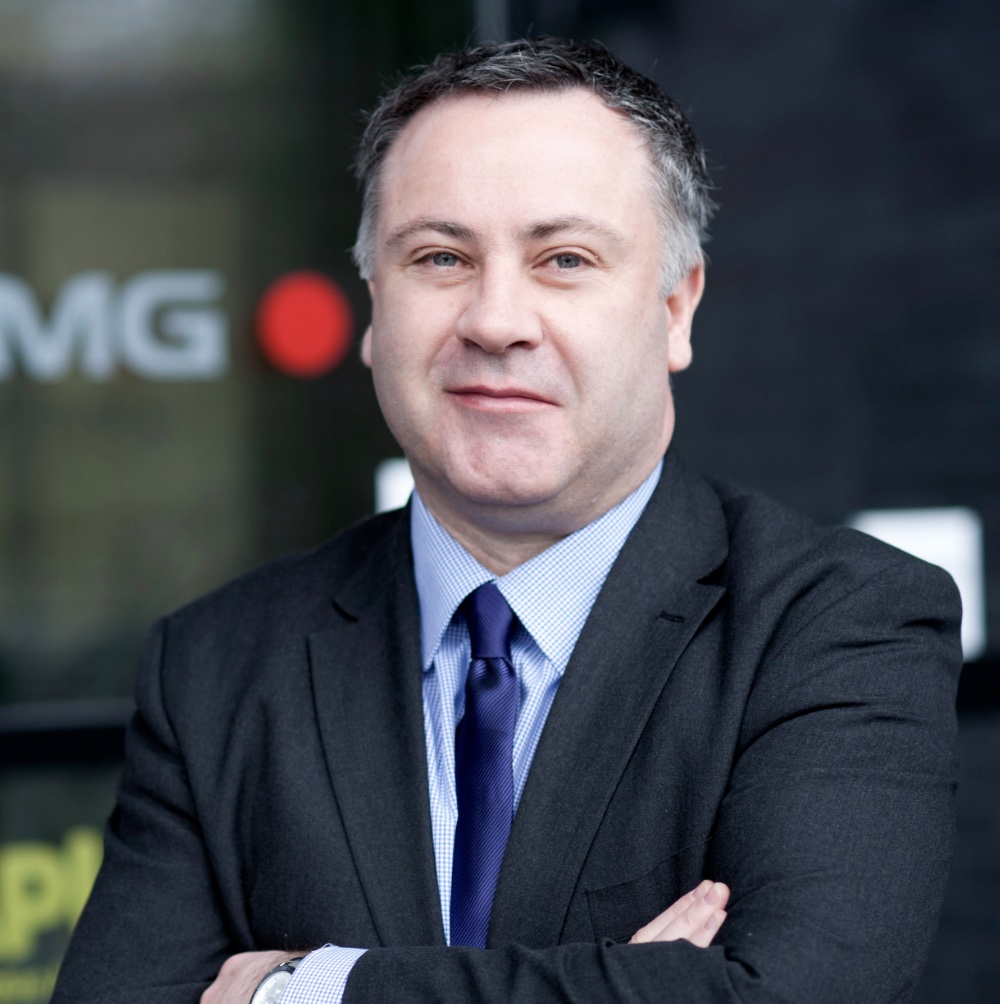
Prof. Tony McNally
Warwick Polymer Group, Warwick Manufacturing Group
Tony's team attempts to address the technical challenges of effectively dispersing and distributing 0D/1D/2D nanomaterials in polymers melts and promoting interfacial interactions between nanomaterials and polymers.
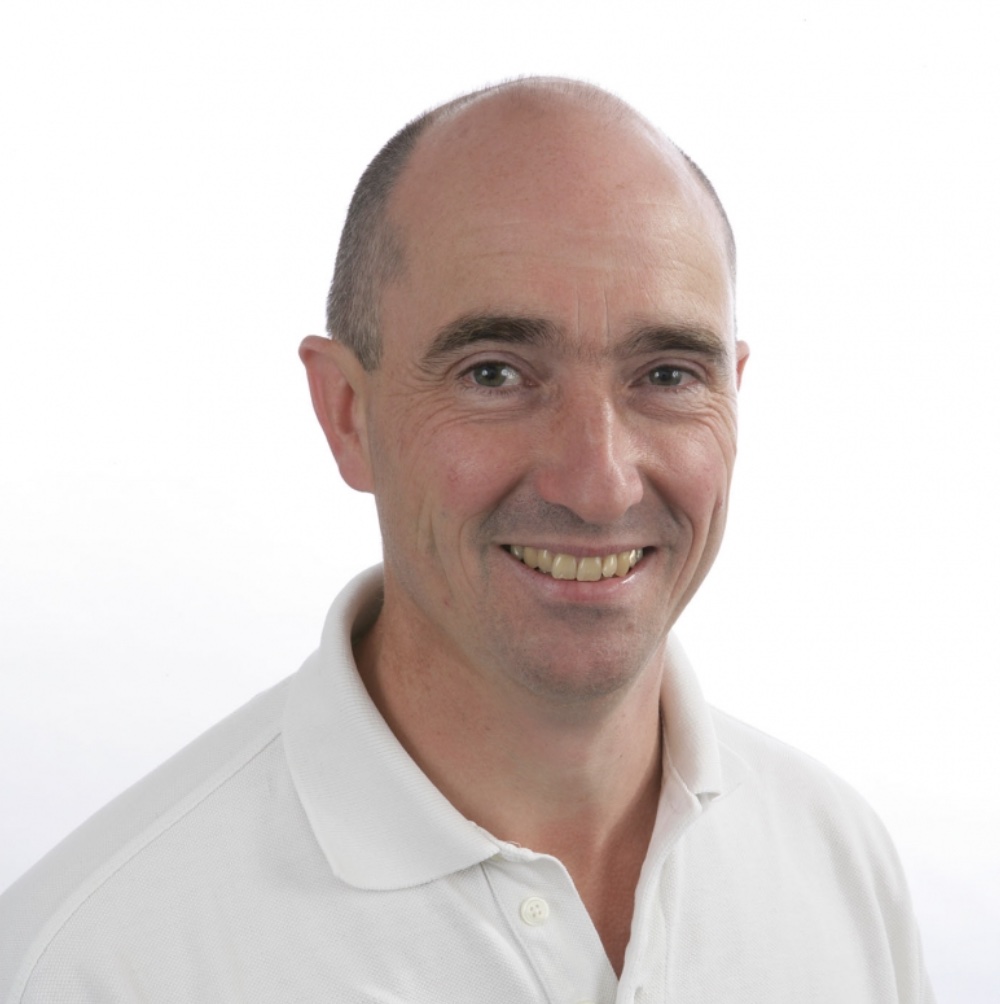
Prof. Richard Napier
School of Life Sciences
The Napier group has research interests in next generation plastics and agriculture. Principally, we are interested in nanoparticles and determining whether or not polymers with particular characteristics (size, charge etc) can pass into plants and how we may use this information to design nanoparticles to carry very specific payloads to benefit crop performance, or to design nanoparticles which are specifically excluded from plants.

Prof. Sébastien Perrier
Warwick Polymer Group, Department of Chemistry, Warwick Medical School
Synthesis of macromolecules with highly controlled and pre-determinable structures using modern polymer and organic synthetic methods; exploitation of supramolecular interactions to organise these molecules into nanostructured materials, for applications in nanomedicine, nanotechnology, materials science or chemistry.
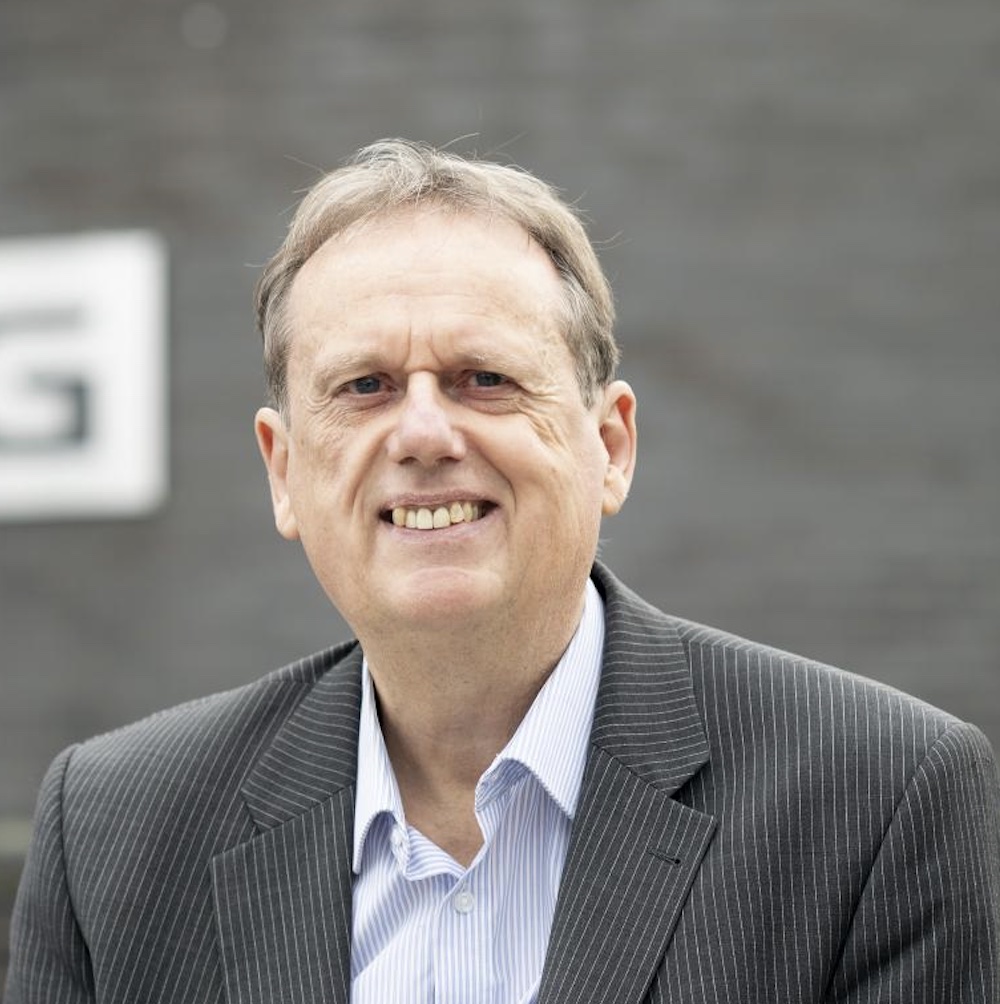
Prof. dr. ir. Ton Peijs
Warwick Polymer Group, Warwick Manufacturing Group
Ton's research focuses mainly on materials and processing innovations in polymers and composites. Areas of interest are hybrid materials for lightweighting, biobased materials, multifunctional composites, nanocomposites, fibres and films, and processing of thermoplastic composites.
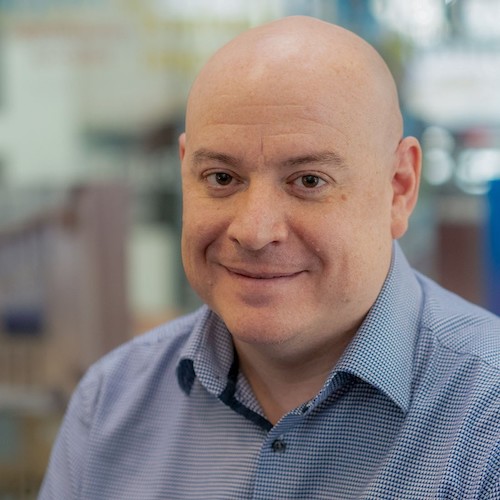
Dr. Neil Reynolds
Warwick Manufacturing Group
Neil's main research interest is processing, performance and application of polymeric composite materials. He has worked on a number of industrially-focused materials research projects, ranging from the detailed analyses of VOCs present within the cabin of newly built vehicles (vehicle interior air quality -VIAQ), to the performance evaluation of composites at extreme cryogenic temperatures (superconducting power generation for direct-drive wind power).
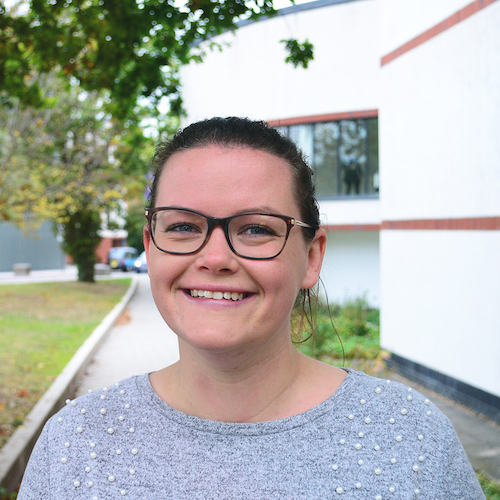
Dr. Jess Savage
School of Cross Faculty Studies
Jess' main research interests surround human-ecosystem interactions, and the monitoring of marine resources, impact assessments. Ultimately, identifying the best means of integrating local resource-dependent communities into the habitat conservation, monitoring, and management.

Dr. Tara Schiller
Warwick Polymer Group, Warwick Manufacturing Group
Tara specialises in the synthesis and characterisation of materials for interdisciplinary projects including polymers, composites and biological tissue. Dr Schiller's background in characterisation techniques such as SAXS/WAXS, real-time measurements, spectroscopy, electron microscopy, thermal and mechanical analysis is perfectly suited to investigate a broad spectrum of polymer-based materials.
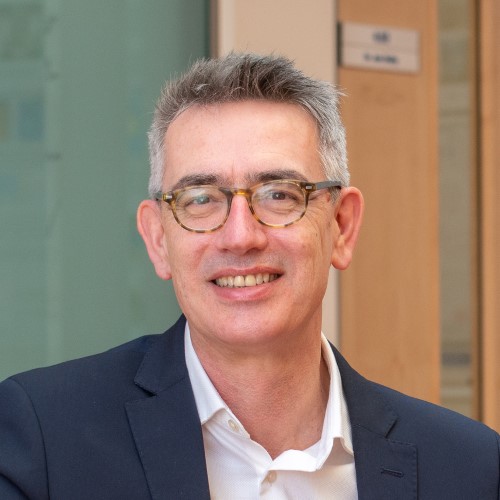
Prof. Peter Scott
Warwick Polymer Group, Department of Chemistry
Pete researches in two areas: the discovery of self-assembling molecules as antimicrobials and cancer medicines, and interfacially-active polyolefin materials for recycling and other applications.

Prof. James Sprittles
Warwick Mathematics Institute
James' research is in the area of applied mathematics, and includes: computation of interface formation processes, computational modelling of 3D printing, coalescence of liquid droplets, drop and bubble formation, flow through porous media, fluctuating hydrodynamics, and gas kinetic effects in interfacial flows.
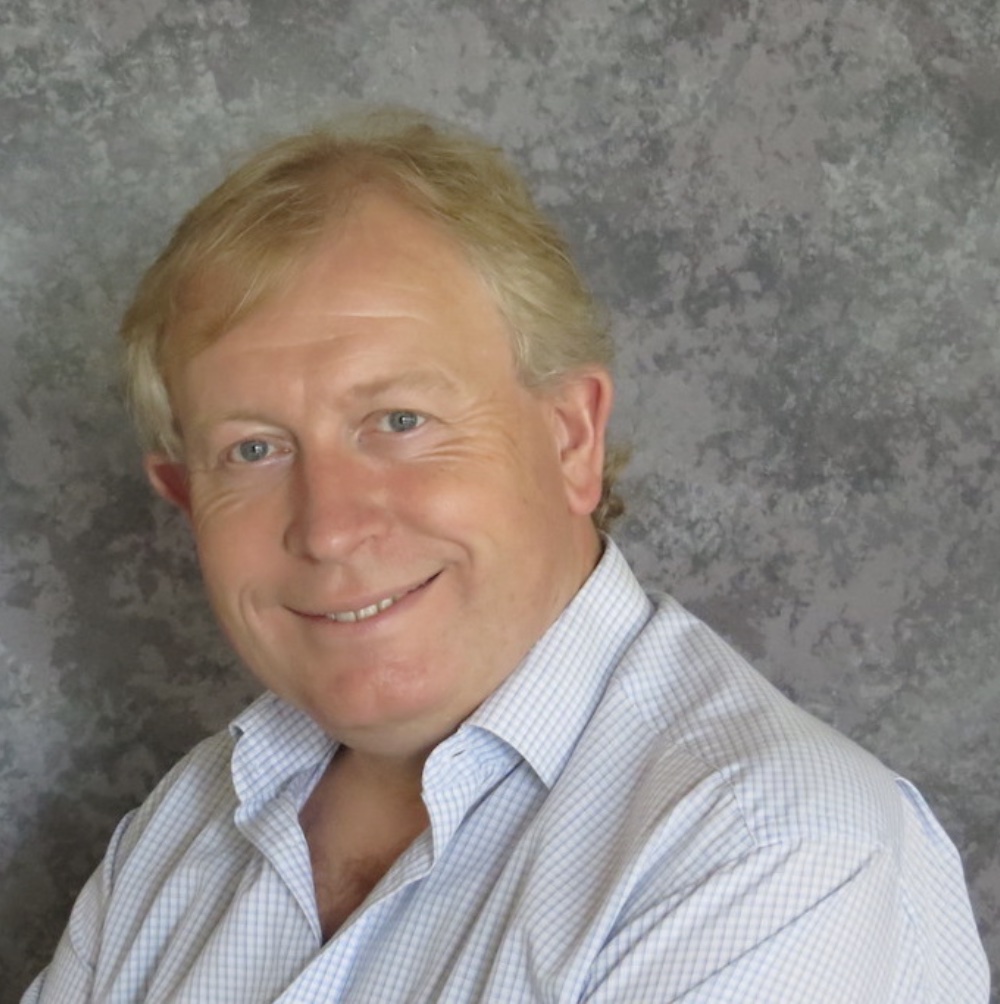
Prof. Matthew Turner
Department of Physics
Matthew's team specialises in the physics of dynamic systems. Current research topics include Swarming & active matter, including photothermophoresis; Active and deformable membranes; The topological glass in ring polymers; Thermodynamics of Molecular motors; Financial instability in heterogenous markets with leverage.
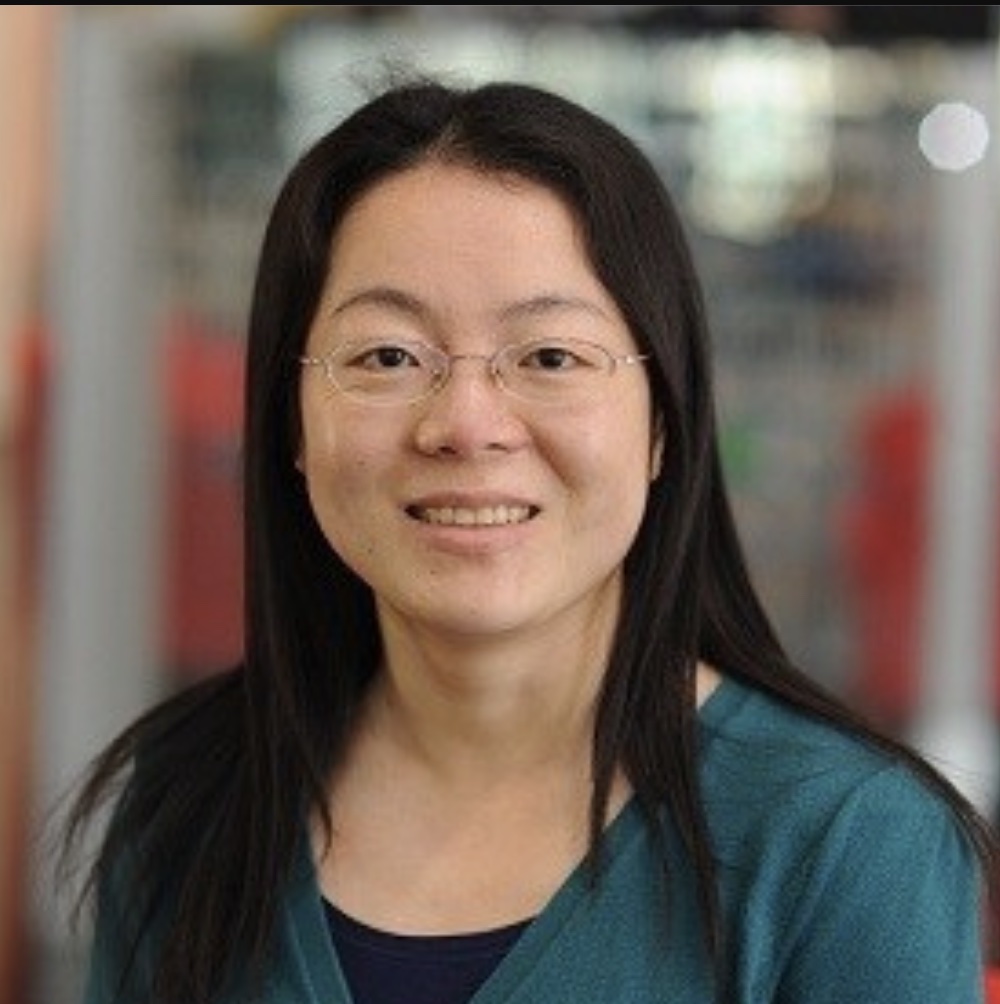
Dr. Chaoying Wan
Warwick Polymer Group, Warwick Manufacturing Group
Chaoying's research is focused on the structure and functionalities of polymer-based nanocomposites, including thermoplastic and elastomeric nanocomposites, the dynamic properties, biodegradability and reprocessability.
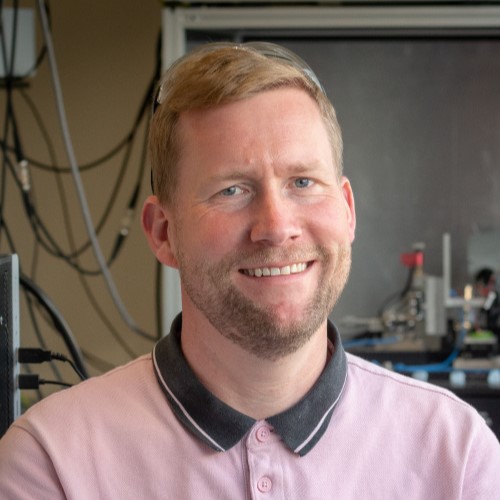
Prof. Paul Wilson
Warwick Polymer Group, Department of Chemistry
Paul's team focusses on developing a platform for nanoscale synthesis and nanofabrication, through combining the capabilities of scanning electrochemical probe microscopy techniques with electrochemically-mediated organic, macromolecular and supramolecular chemistry to enable localised, spatially and temporally controlled chemical synthesis and modification at surfaces and interfaces.
